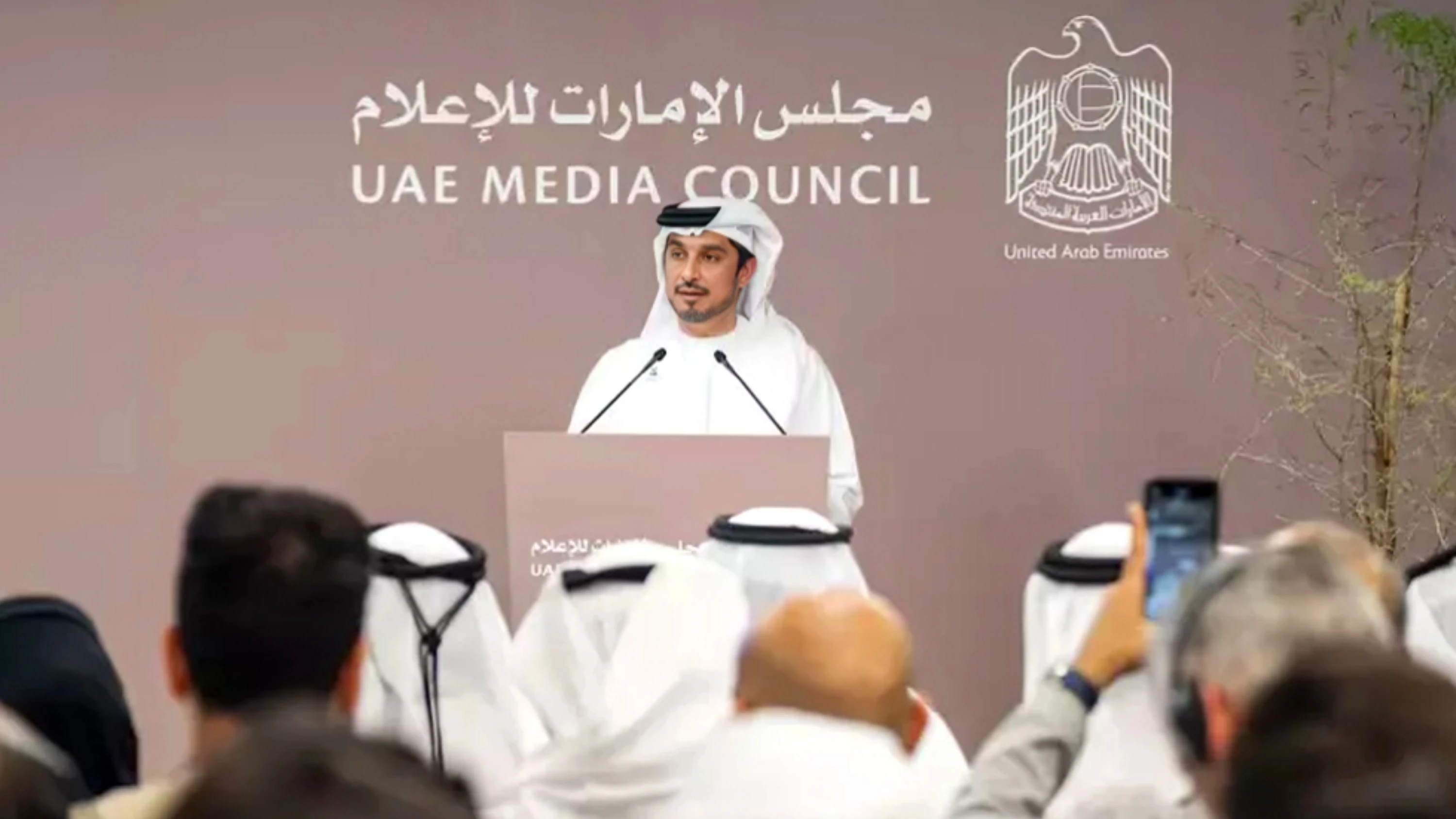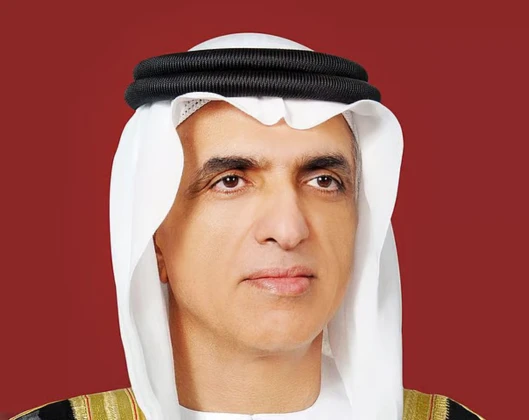SHARJAH: Sharjah has officially begun enforcing Law No. (7) of 2025 concerning the regulation of judicial authority, following its issuance by His Highness Sheikh Dr. Sultan bin Mohammed Al Qasimi, Supreme Council Member and Ruler of Sharjah.
The law marks a major milestone in strengthening judicial independence, safeguarding public rights, and ensuring fair access to justice across the emirate.
The legislation affirms that access to justice is a basic right, prohibits interference in judicial matters, and mandates equal treatment before the law. It grants judges full independence under the UAE Constitution, reinforcing the integrity and impartiality of the legal system.
Senior judicial officials described the law as a historic development in Sharjah’s legal framework. It introduces a comprehensive governance structure, streamlines legal procedures, and incorporates modern technologies in line with international standards.
The law clearly outlines the responsibilities of Sharjah’s core legal institutions, including the Judicial Council, Judicial Department, Public Prosecution, and courts. This clarity aims to improve coordination, accelerate case resolution, and enhance public confidence in the judiciary.
Judge Dr. Muhammad Obaid Al Kaabi, Chairman of the Sharjah Judicial Department, confirmed the department’s ongoing efforts to implement the law through updated procedures, enhanced digital infrastructure, and staff training. He highlighted transparency in judicial appointments and evaluations as key to maintaining public trust.
Dr. Mansour Mohammed bin Nassar, Chairman of the Sharjah Government Legal Department, said the law reflects consistent efforts to modernize the emirate’s legal system by integrating international best practices and advancing digital transformation.
Sheikh Faisal bin Ali bin Abdullah Al Mualla, Secretary-General of the Sharjah Court, described the legislation as future-focused, enabling the development of a strong and adaptable judicial system.
Judge Ahmed Abdulla Al Mulla, Chairman of the Court of Cassation, noted that the law clarifies court hierarchies and enhances the Cassation Court’s role as the highest judicial authority in ensuring consistency in legal interpretation.
Attorney General Counselor Anwar Amin Al Harmoudi emphasized that the law strengthens the Public Prosecution’s role in protecting rights by granting it expanded authority over investigations and criminal proceedings.
The law consists of 89 articles across nine chapters, covering various judicial components including courts, prosecution, judicial personnel, inspections, qualifications, and administrative roles.
Officials say the law forms a cornerstone of Sharjah’s commitment to legal excellence and institutional development in line with the emirate’s long-term vision.








